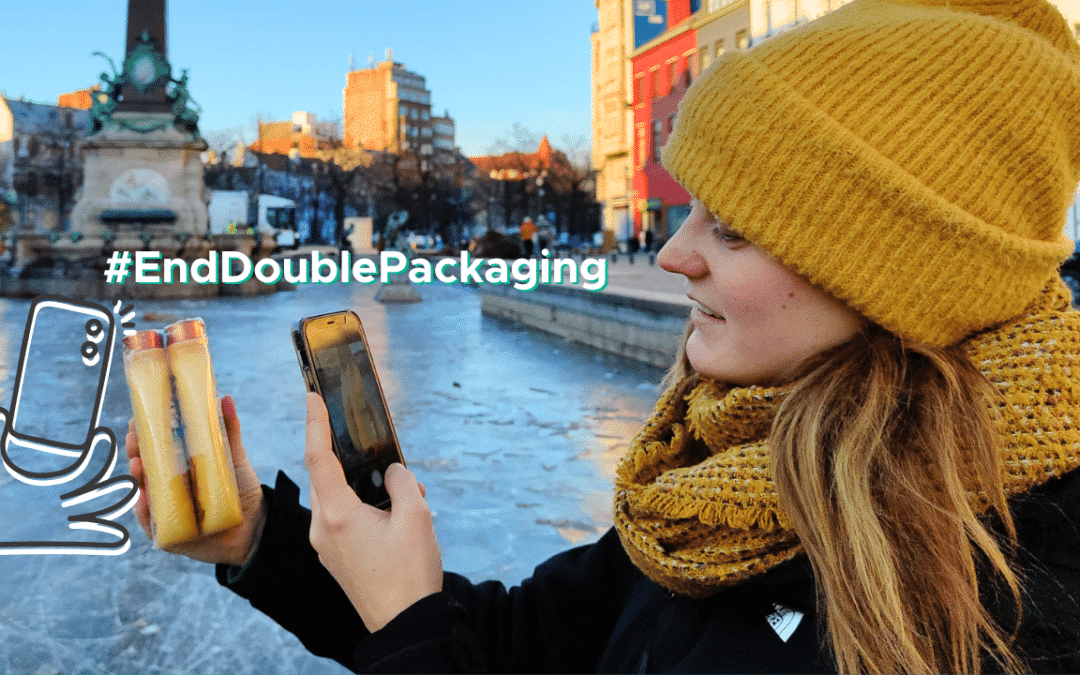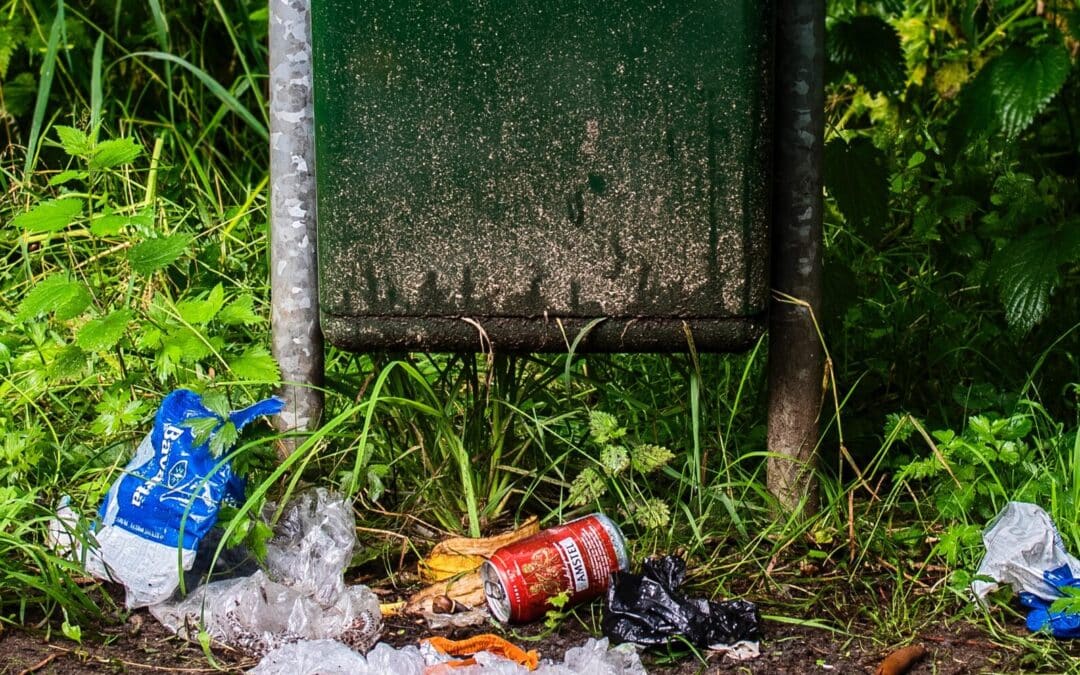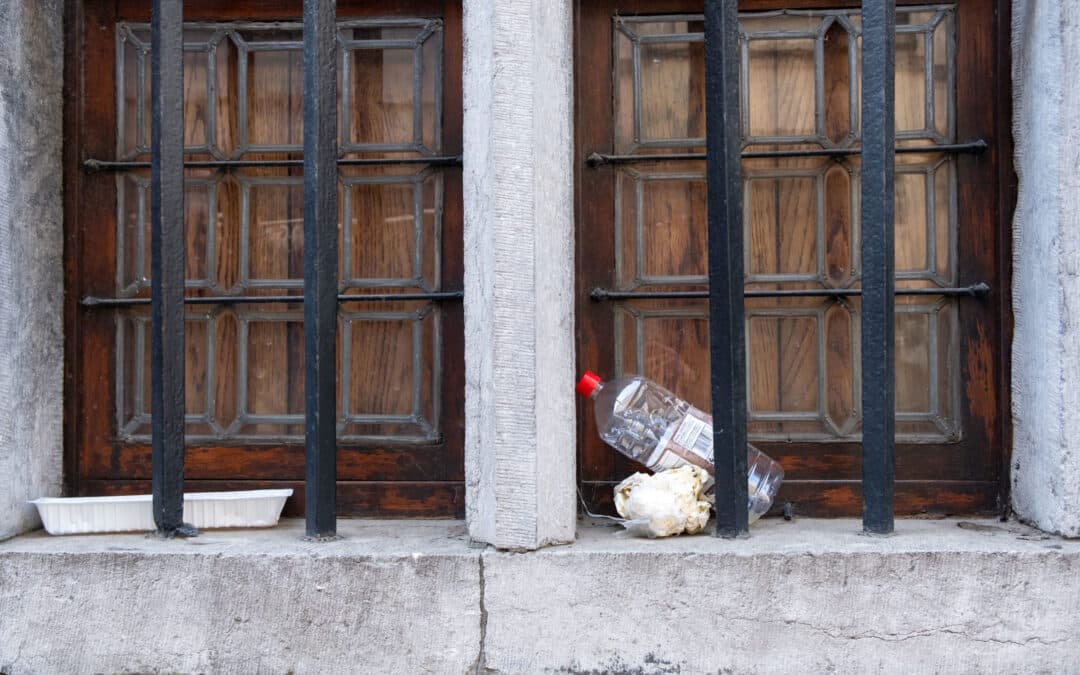In September 2010, the VROM Inspectorate issued a report on the enforcement of EVOA rules when exporting plastic waste from the Netherlands in 2009. The report shows, that in over 20% of the 350 cross-border shipments of plastic waste examined, environmental regulations are violated administratively and/or also in a “physical sense. The shipments studied are estimated to represent less than 1% of the total amount of exported plastic waste.
The fact that of the remaining three-quarters of the containers, administratively everything was in order does not mean that no “physical” contaminants could be present there; this was simply not checked. What does seem to have become clear from the study is that of the shipments that failed administratively, a substantial portion are also too contaminated in a physical sense to be recycled legally and acceptably. Of the containers whose records were not in order, 8 containers were investigated further. All eight containers were overly contaminated. These 8 containers did not constitute a random sample, according to the VROM Inspectorate (VI), but how representative these 8 containers were could not be indicated. An exact picture of the extent to which contaminated fractions are transported across all shipments cannot be derived from the VI report. Moreover, it appears that the VI cannot provide this either, it turned out when asked about it. However, the VI shares the view, that the situation is still of concern; consequently, plastic waste will continue to be treated as a priority waste stream by the inspection.
Also in 2008 and 2009, the VROM Inspectorate found violations in the export of highly contaminated plastic packaging waste. Most of these are exports to China, which has fairly strict import requirements. However, a smaller proportion enters China via Hong Kong. “However, the difference with the direct line is that it can end up with unlicensed companies. Exporting low-value batches of plastic purchased relatively cheaply in this way may result in a portion that is not actually recycled. There is also a risk that at these unlicensed companies, processing may not be environmentally sound.”
In our opinion, therefore, supervision needs to be intensified in such a way that a complete picture can be obtained of the extent of export of contaminated plastics. By the way, this is not only a task of the government, but also of Nedvang (plastic packaging) and also of the NRK (other plastics). We therefore find the letter, which the State Secretary of Infrastructure and Environment sent to the House of Representatives on Nov. 10 on this issue, to be seriously inadequate. The problematic situation needs to be examined and addressed much more comprehensively and systematically. Recycling Network sent a letter about this to the members of the Lower House Standing Committee on Infrastructure and Environment.
Also read Article in EVO Logistics: Intended relaxation of EVOA turns out wrong



